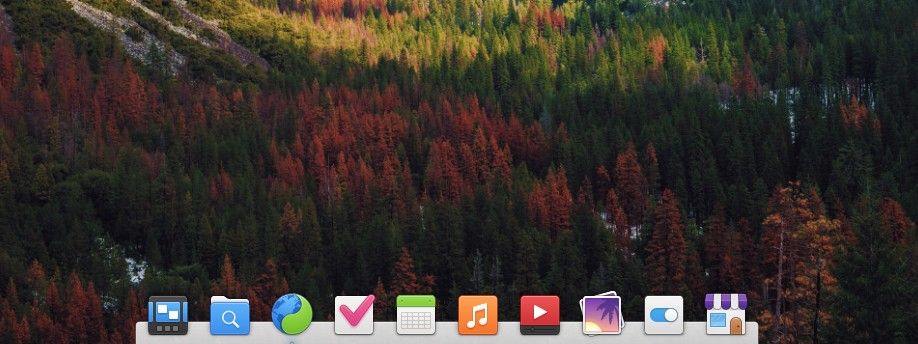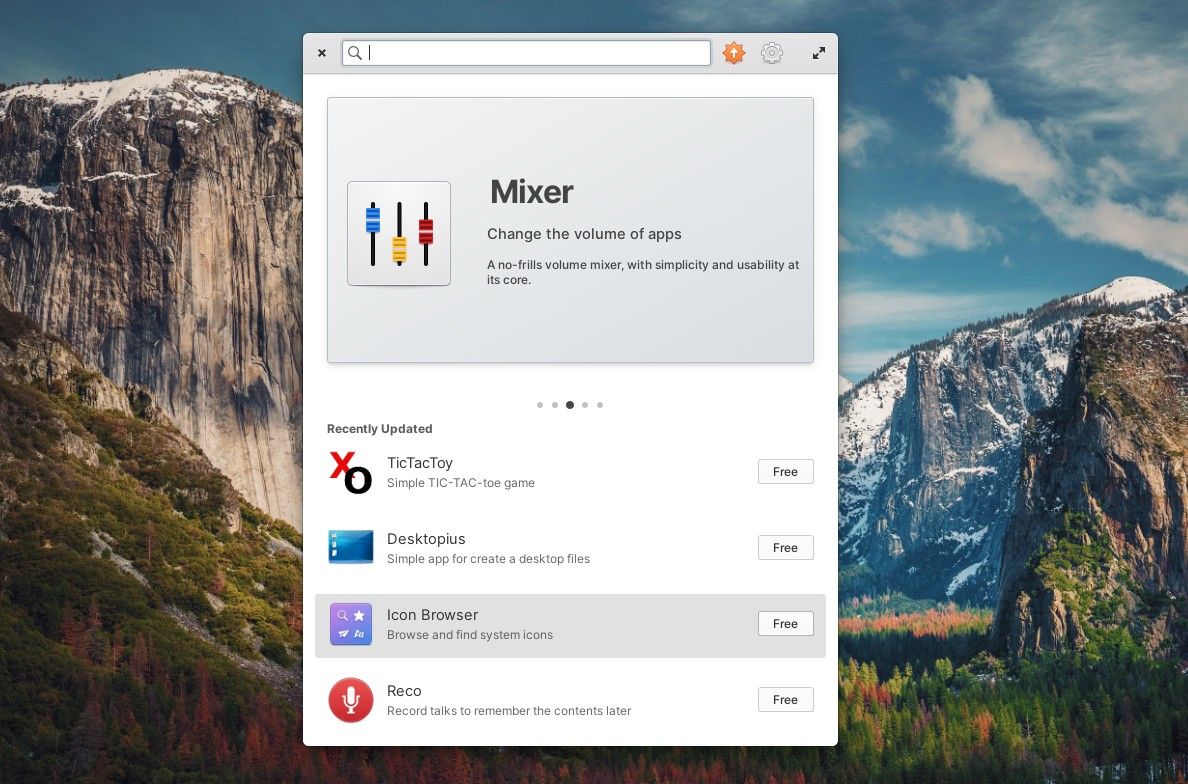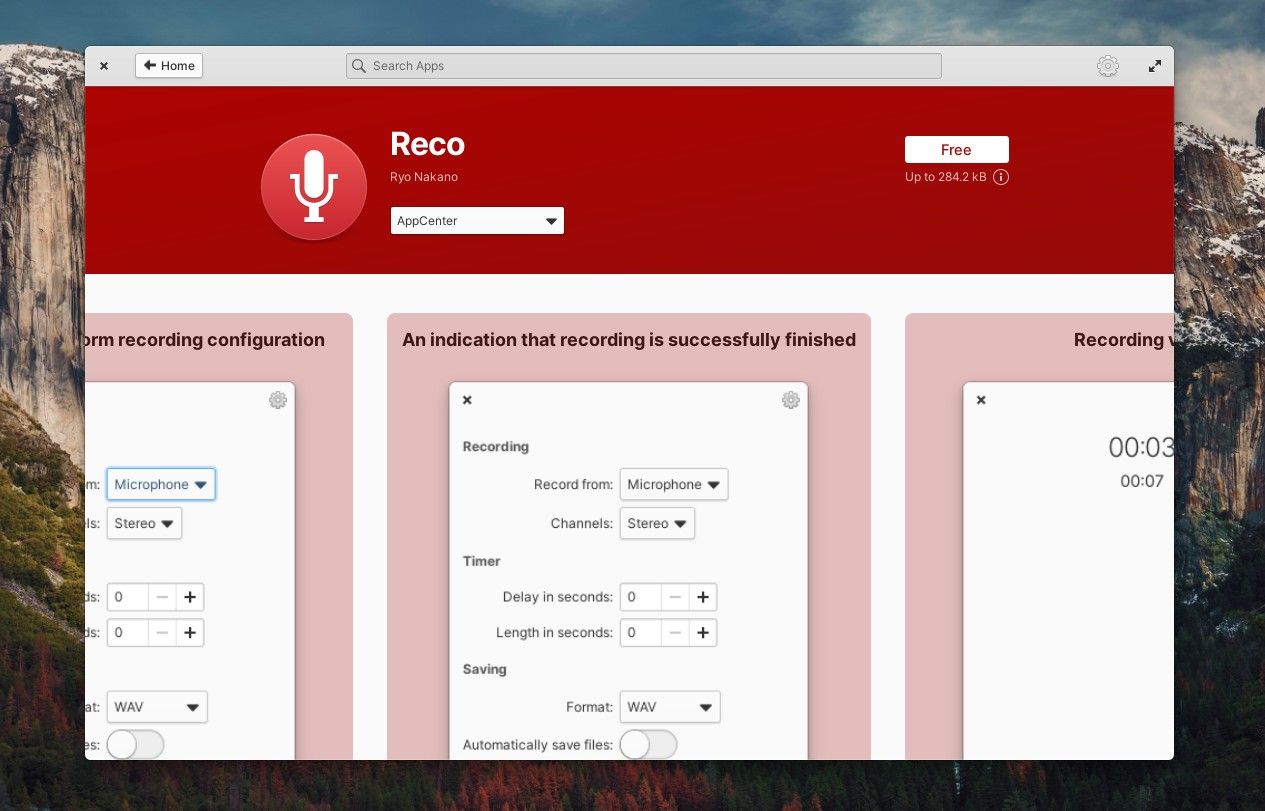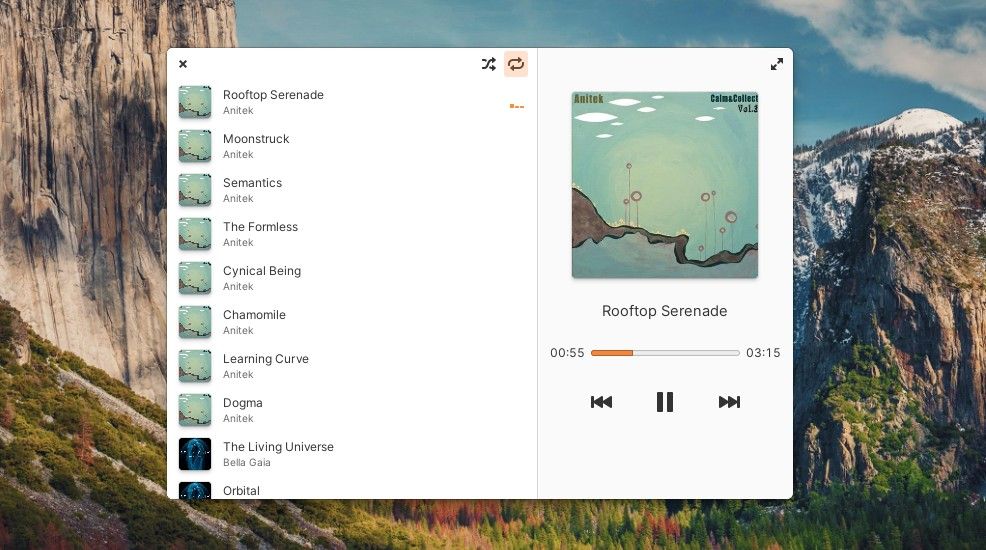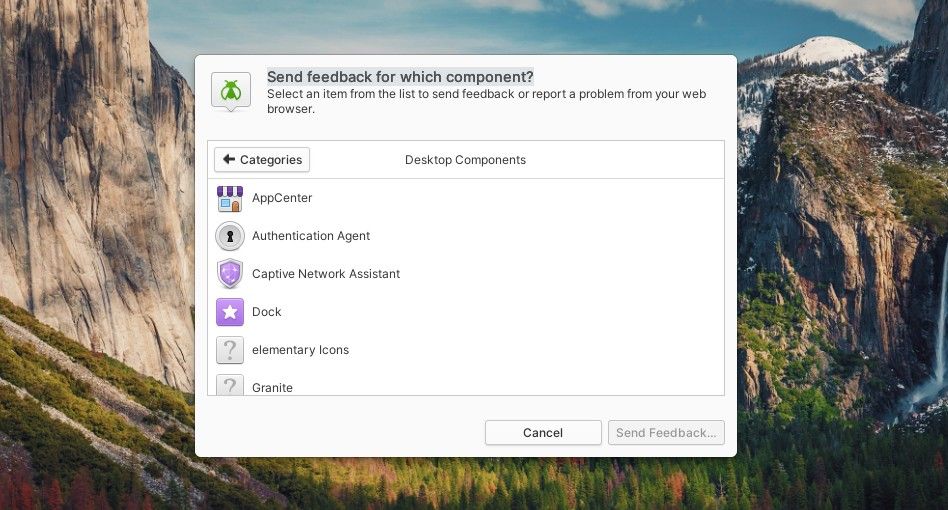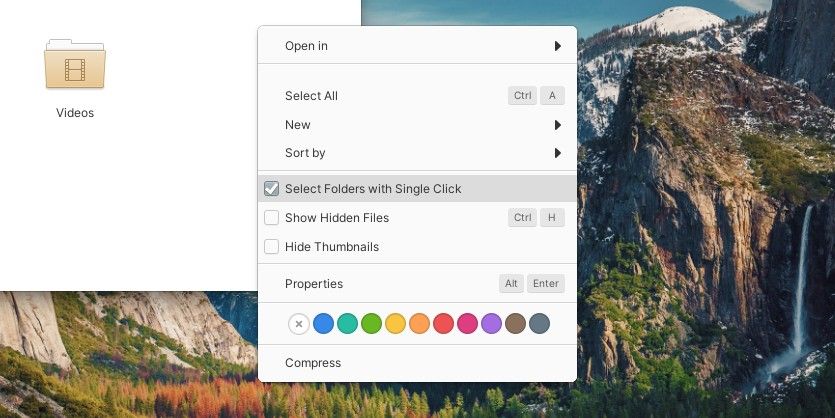After over a year since the previous release, elementary OS 7 "Horus" has arrived. Much has changed in that time, and the Linux landscape looks quite a bit different.
On the surface, version 7.0 isn't a substantial release. So let's dive into what's new and see what stands out.
1. New Tile-Shaped App Icons
elementary OS began as an icon theme, so it feels appropriate to begin by highlighting changes to the way these look in Horus. New app icons have a tile shape that gives them more consistent height, so you will no longer see default apps of varying sizes.
This is particularly visible with the "Tasks" app, which had a taller icon in elementary OS 6.1 than it does in 7.0. Other icons that are noticeably different include the Multitasking View, File Manager, and Photos app icons.
2. Redesigned and Adaptive AppCenter Interface
The latest version of AppCenter is adaptive. This means the user interface elements adapt to smaller window sizes as you resize AppCenter. This can be helpful if you have multiple windows open but want to keep tabs on AppCenter downloads off to the side of your screen.
Making AppCenter adaptive introduces a few other tweaks. AppCenter now has a larger search bar that stretches across most of the title bar. There is also an ever-present update button. A numbered badge will appear on the button to indicate the number of available updates.
3. Larger, Brightly Colored Screenshot Carousels
The new touches extend to app pages as well. Apps now have larger screenshots that fill the width of the window. Within these screenshot carousels, brightly colored backgrounds and titles help highlight an app's compelling features.
Underneath screenshots and app descriptions, you will now find the five most recent updates and changelogs. This helps you determine if an app is actively maintained.
4. Offline System Updates
elementary OS now prompts a restart before installing system updates. These install offline so that you aren't left with mismatched system components active, leading to unexpected behavior or bugs.
5. Overhauled Music App
elementary's Music app floated along virtually unchanged for many releases. It was an iTunes-style app, with the ability to manage your music library. The codebase grew stale over the years, with bugs that went unfixed.
The new Music app is simpler, with no library management functionality. Instead, you drag files from your file manager into the app window to add songs to the queue. Each time you start the app, you create a new queue.
This app technically launched in AppCenter months before the release of Horus, but this is the first version of elementary to feature it out-of-the-box.
5. Redesigned Mail App
elementary Mail has received a visual redesign that gives it a flat design more in line with elementary's current visual direction. It has a look similar to elementary's Tasks app introduced in elementary 6.0 and the new Music app. The release also comes with improved stability and bug fixes.
6. Updated, More Accessible Feedback App
7.0 adds to your app drawer an app known as Feedback. This is a tool to help you communicate software issues directly with the elementary developers and request new features.
The functionality existed in elementary OS already, but not as a standalone app. This re-imagining expands coverage to more apps, settings, and desktop components.
7. Web Apps
elementary OS comes with GNOME Web 43, the newest version available at the time of launch. Horus includes support for creating web apps from inside the browser. These apps then appear in the app launcher as standalone apps, whose content is isolated from the browser itself.
8. Ubuntu 22.04 LTS Base
elementary OS 7 remains an Ubuntu-based operating system. This release bumps elementary OS up to the latest Ubuntu LTS release.
A newer foundation means elementary OS now runs on more modern hardware, though you may still encounter issues with the absolute latest devices. That's because Ubuntu 22.04 came out in April 2022 with Linux kernel version 5.15, but if you can successfully boot elementary OS on your machine, you have the option to download a newer kernel from Ubuntu's hardware enablement stack.
9. Optional Double-Click to Open Folders
This is a minor change but a big one for many people. In the Files app, you now have the option to double-click folders to open them (the default behavior is to open folders with a single click). You can enable the feature with Right-click > Select Folders with Single Click.
10. GTK4 and Updated Granite
This is more of a background change, but it impacts newer elementary OS apps. Granite is elementary's app framework, and it now supports GTK4. Not every app has made the transition, but those that do tend to offer a more modern design and adaptive screen elements.
A Minimal Update to a Minimalist Experience
elementary OS 7.0 is not a substantial upgrade from version 6.1. Most of these updates are quality-of-life improvements. They may not provide much to make elementary OS appeal to Linux users who don't already like the experience, but they don't make the desktop worse either.
If you like elementary OS, there is more here to like. The developers have continued to refine or re-imagine the desktop and its apps. You can still expect to encounter bugs, but this may just be the best elementary OS has ever looked or felt.


